How Often Do Water Heaters
Need to be Replaced?
Maintaining a water heater is vital but often missed by homeowners until the hot water supply runs out. Don't wait for an inconvenient or hazardous situation; take the necessary steps for water heater maintenance. Our guide will assist you in diagnosing the need for replacements and key factors to consider when purchasing a new system. Read on to learn how to guarantee a reliable and stable hot water source for your loved ones.

How long do water heaters last?
Hot water heaters are super crucial for daily life at home, guaranteeing a steady supply of hot water for showers, laundry, and dishwashing. Still, their lifespan can be impacted by multiple factors. On average, they work fine for 8 to 12 years, but various elements can influence how long they last, including:
Tankless water heaters usually have a longer lifespan than traditional units, making them a smart investment for homeowners.
Installing or maintaining a water heater inaccurately can cut down its lifespan substantially. This quick guide shows you how to get the most out of your water heater.
Regular maintenance and inspections play an integral role in ensuring optimal efficiency and long-lasting performance of your equipment, which ensures peace of mind as well as savings down the line.
Excessive Hard water usage can cause damage to your unit, reducing its effectiveness over time. To avoid this, consider incorporating regular maintenance into your routine.

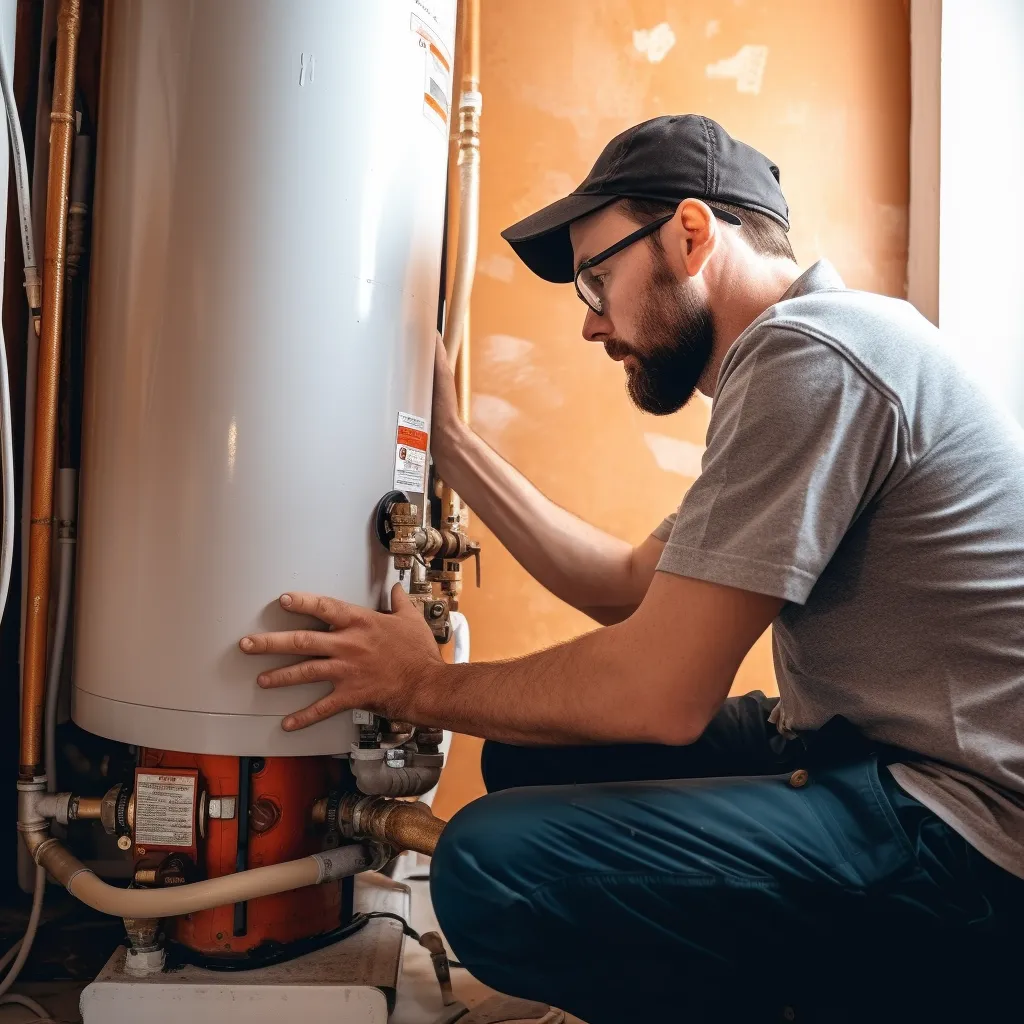
Analyze your budget for a new hot water heater
Choosing the right water heater for your home and budget can be daunting, with countless options to explore. To make the best selection, assess your household needs and budget, including energy efficiency and capacity that fits your lifestyle. Keep in mind, higher upfront costs may translate into energy savings in the long run. Invest in a high-quality water heater, and the extra cost will pay off in the future. Take your time assessing the options to get the best fit for your home.

Replacing a water heater is a significant decision
When it comes to water heaters, you don't want to make any hasty decisions. Some key considerations are energy consumption, age of the unit and budget. If your system is older than ten years and you're spending a lot on repairs, then it's time to think about upgrading to a more powerful performer that will lower your bill. In order to make the best choice, talking to an expert and doing a little research can go a long way.
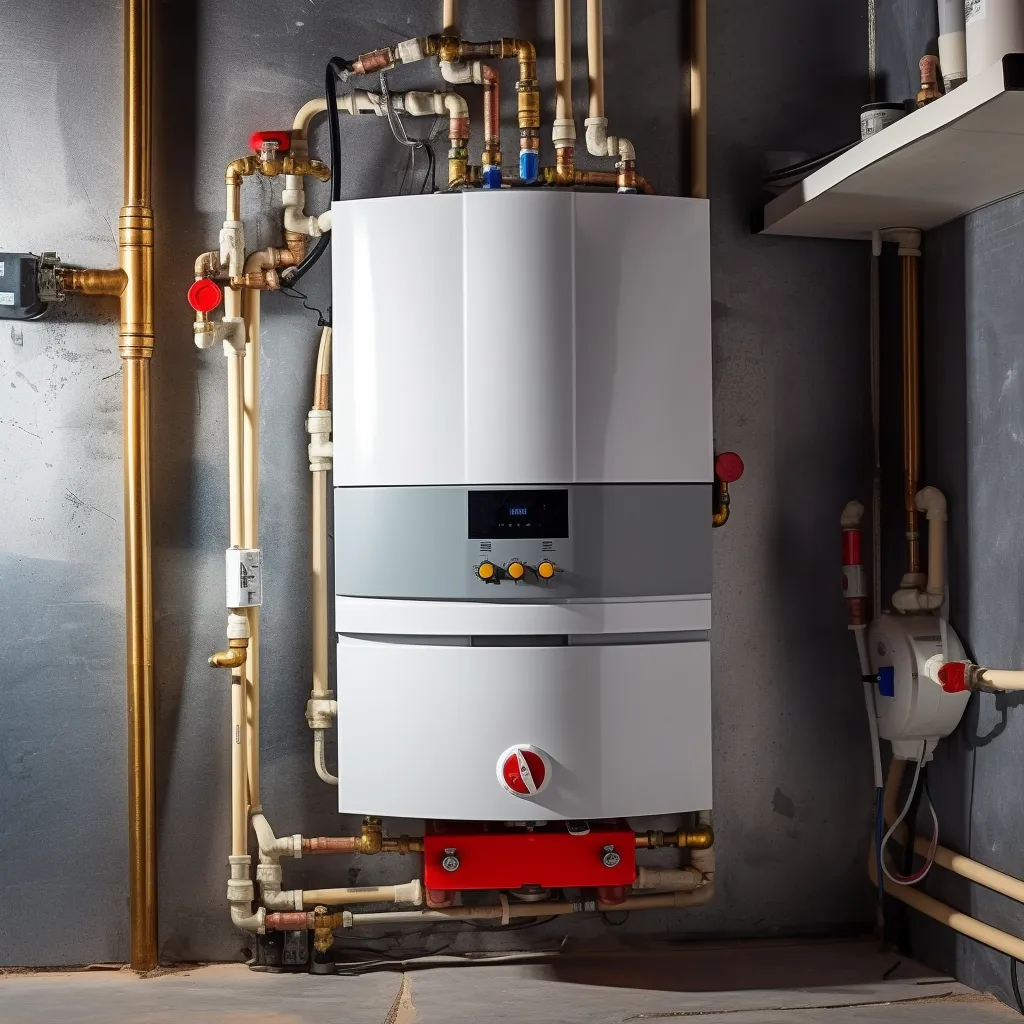
How to extend the lifespan
of your water heater
Water heaters should never be ignored until they stop working. Extend its lifespan with these tips to optimize performance.

Flushing and maintenance are essential to reduce corrosion and prolong your water heater's life. Removing sediment regularly is productive in achieving this.
Installing a water filter can prevent debris build-up and debris blockages in your pipes. Safeguard against pipe damage and stocking repair with this simple fix.
Insulating your hot water storage tanks is a simple fix that can save you money in the long run and is a way to decrease your carbon footprint.
Regular assessment of your temperature and pressure relief valve is critical to avoid hazardous pressure buildup. This prevents any mishaps in order to maintain the safety of your equipment and keep your business from catastrophic loss.
Regular inspection and replacement of the anode rod is crucial to prevent corrosion in your system. Keep your setup in tip-top condition by performing this check regularly.
Save money on your heating costs by installing a timer! Giving your heater a break is simple with this handy device. Say goodbye to wasting energy and hello to sitting comfortably at a lower cost.
Lowering the temperature setting can reduce wear-and-tear and increase efficiency of your equipment.
Maintaining your water heater can go a long way in extending its lifespan. Regular inspection and flushing to remove sediment can help prevent corrosion, lower energy bills, and reduce repair costs.
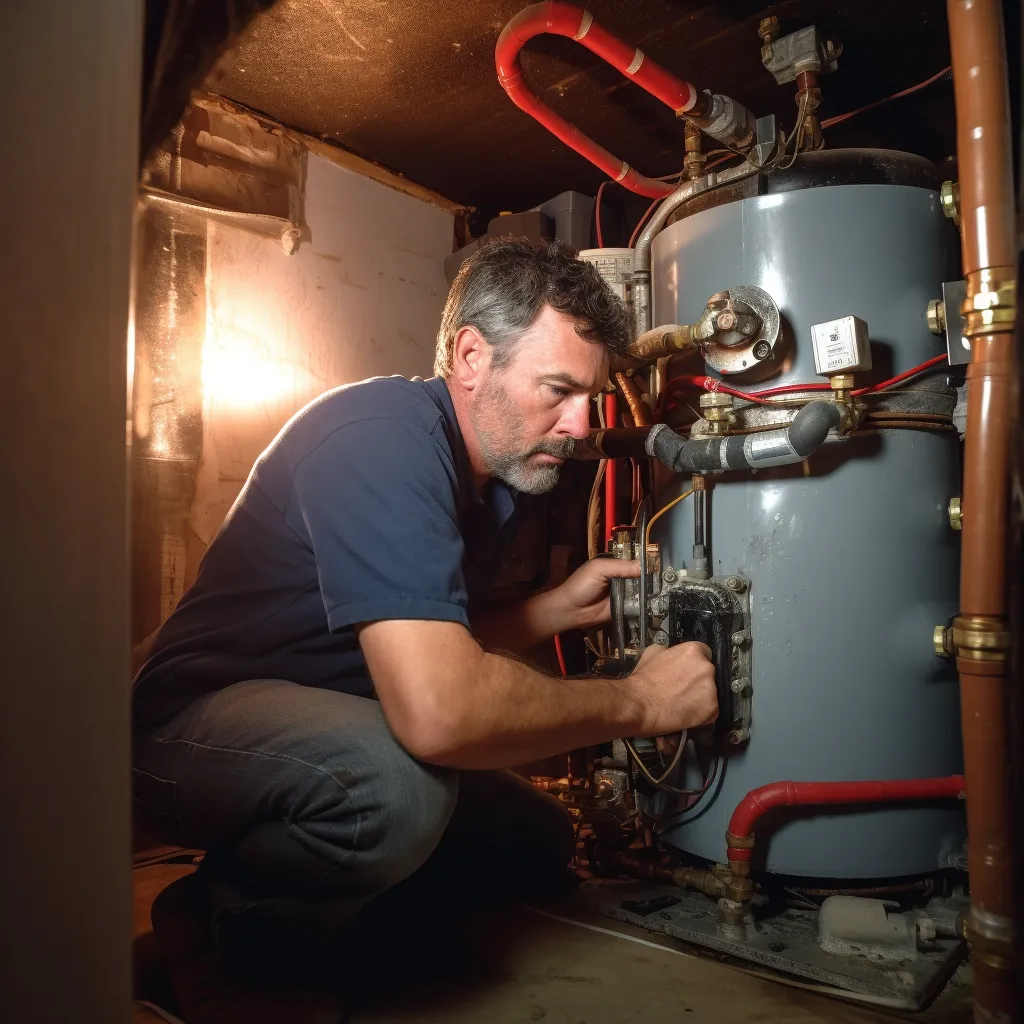
Make sure to address
any malfunctions
Maintaining a functioning water heater that produces hot water is vital. Indicators such as insufficient hot water and peculiar sounds suggest a faulty heating element or sediment buildup. To avoid long-term expenses and premature damage to your heater, seek professional assistance when you notice these signals. Trust us to diagnose and fix all your water heater-related dilemmas for prolonged equipment lifespan.
Signs it's time to get a new water heater
When it comes to water heaters, they're all mechanical and just like any machine they wear out over time. Keep an eye out for a few warning signs, such as leaking or a decrease in hot water. If you're experiencing any of these problems, it's time to consider investing in a new one.
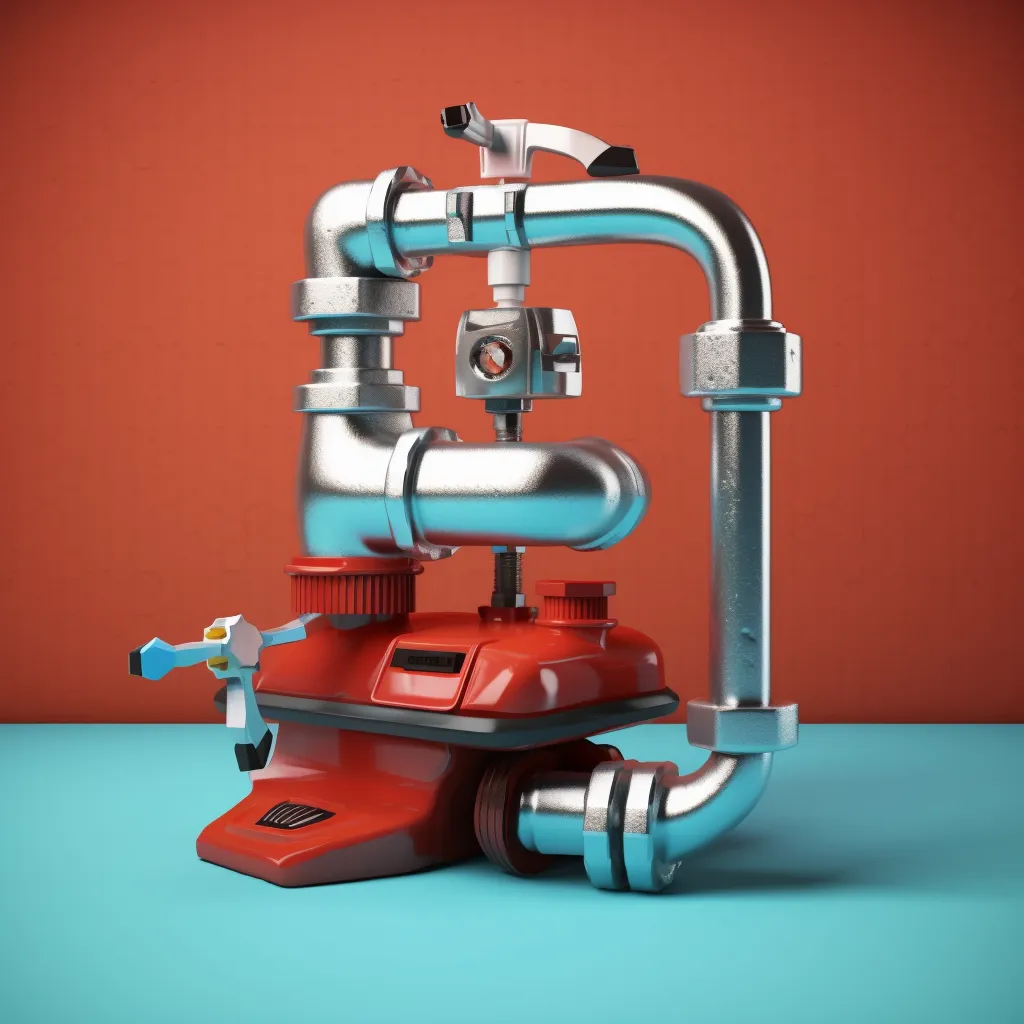
Age: Water heaters generally last for 10-15 years, so it's wise to consider replacing them if they’re older.
Noises: It's important to note that strange noises like popping or gurgling could signal the need for a replacement tank.
Leaks: Water pooling around the base could indicate a leak issue that requires prompt attention.
Hot Water Outages: Frequent hot water outages could indicate it's time to get a new water heater.
High Energy Bills: Be wary of unexpected energy bills - they might be due to a faulty water heater.
Frequent Repairs: Upgrade to a new unit if occasional maintenance become the norm.
Corrosion or Rust: Check for rusting or corroding areas around the unit - this is a tell-tale sign of a malfunctioning heater.
Strange Taste or Smell: Damaged units could also yield unusual tasting or smelling water.
Insufficient Hot Water: If you ever experience insufficient hot water, then it may be time to consider replacing your water heater.
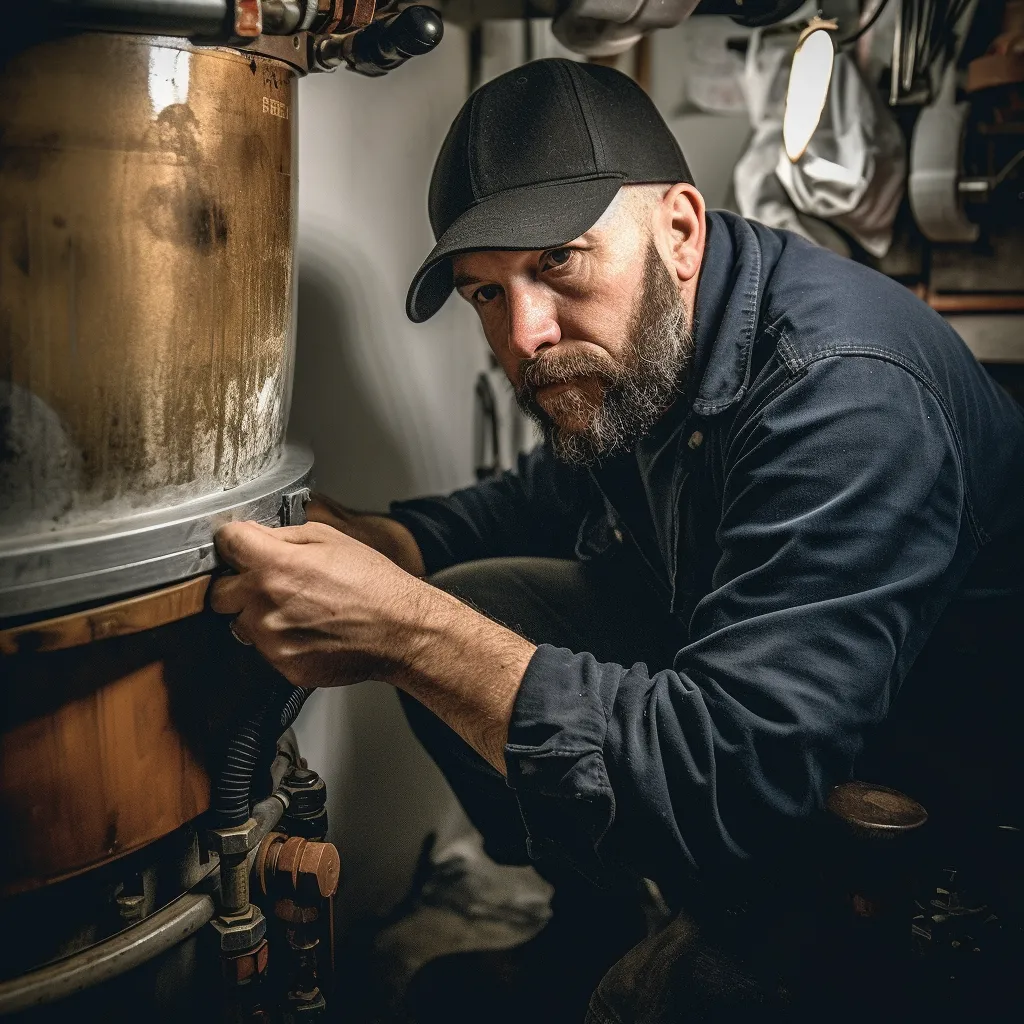
Ignoring warning signs could result in significant damage to your home and potential health risks. We urge you to seek professional guidance immediately to gain insight on the best course of action to repair the problem, to avoid further complications.
What is the cost of replacing
a water heater?
Replacing a water heater can be expensive, but the cost depends on different factors. To help you find the best deal, we've got the inside scoop on all the factors that affect the price.

When it comes to water heaters, there are multiple options to choose from, including standard electric models and tankless systems, with the replacement cost varying depending on the type selected.
It's crucial to remember that bigger units equate to higher replacement costs
Complex installation work can lead to higher installation costs. Keeping these factors in mind will help accurately budget for water heater replacement.
Water heater replacement can be a significant investment. Standard electric water heaters cost between $500 to $2,500 to replace, while tankless water heater repairs can be even higher, up to $3,500. Opting for a high-quality unit is vital to reduce your energy bills and improve energy efficiency in the long run. Don't put off replacing your water heater because it could lead to costly home repairs in the future.
Common frequently asked questions about replacing and installing a water heater
To get your new water heater installed or replaced, it's good to ask common questions that help get you on the right track. Here are some great ones:
What size do I need for my water heater?
How long is the installation?
Which fuel source should my heater use?
What is the estimated cost?
Is professional assistance needed during installation?
When it comes to replacing or installing a water heater, you'll have to factor in your personal needs. To get top-notch advice, make sure to reach out to licensed plumbers who can guide you on choosing the right size and type of water heater for your home. They can also give you an estimate of the installation costs along with any accompanying work that may be necessary.
How you can save money
when replacing a hot water heater
Lower the cost of water heater replacement with these helpful tips, keeping the hot water flowing at home.

Researching multiple options can help you figure out which system will suit your home best. You can choose between standard electric models and tankless systems to find the best fit for you.
Energy efficiency is a critical investment for your business. Save money in the long run by investing in an appliance that consumes less energy. Try to look for a model that can reduce your monthly utility costs.
When looking to buy something, it's smart to compare prices and products from diverse retailers and suppliers. This not only saves you money but also gives you the best bang for your buck.
Discover rebates and incentives available in your state to buy energy-efficient water heaters.
Investment in a tankless water heater can result in substantial energy savings, though the upfront cost may be higher. Save money over time while having a steady supply of hot water with a tankless water heater.
Hiring a professional with ample experience during installation is the way to go to protect your safety. Leave it to the experts and avoid any hazards.
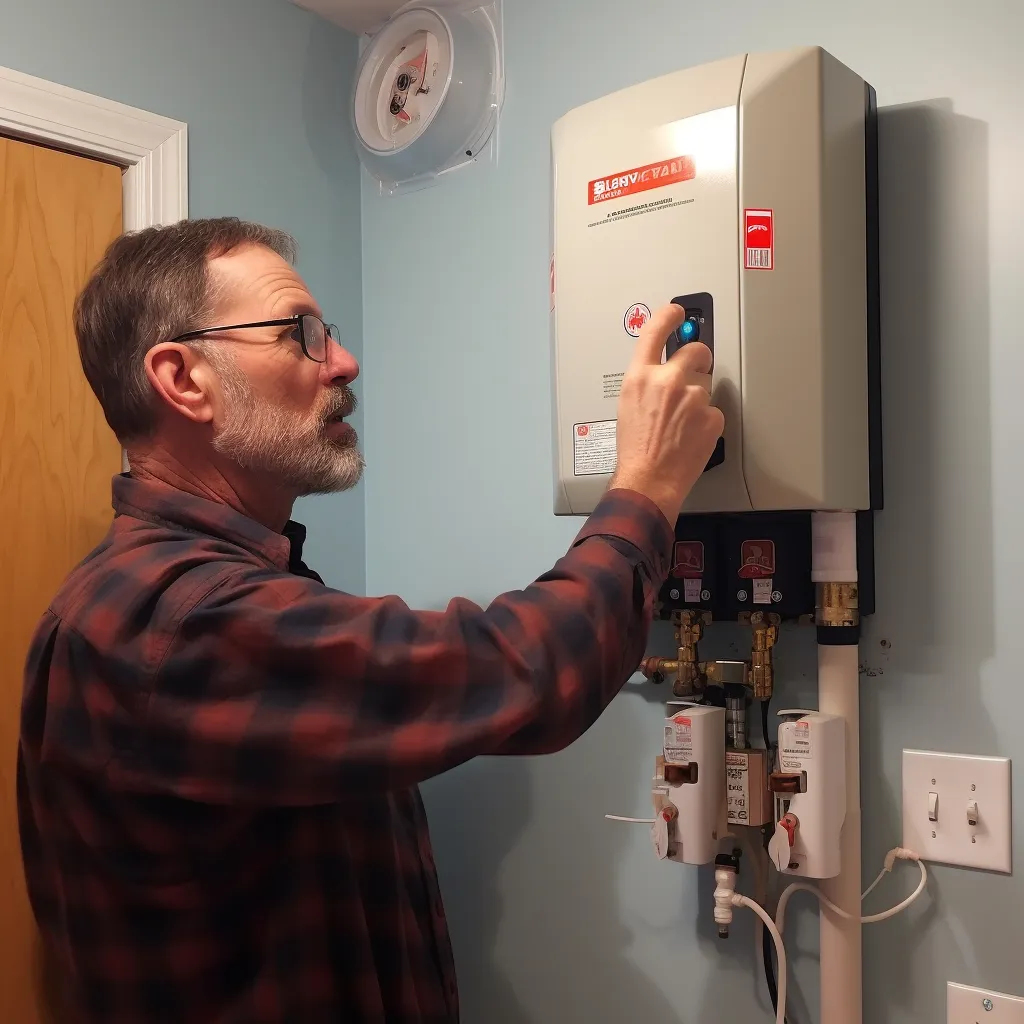
Why you should hire a professional
vs DIY installation
of a water heater
Replacing an old hot water heater may appear to be economical, but it’s a complex task and not advisable to do it yourself. It requires a professional’s knowledge and skill in hot water heater installation. Hiring a professional instead of doing it yourself could save you a lot of money in the long run. Professionals have the expertise to ensure the installation is completed correctly, according to code, and backed with a warranty, which guarantees a hassle-free experience. Opting for a do-it-yourself approach, on the other hand, often leads to errors, resulting in additional expenses such as repairs or energy usage. Save yourself the stress and think twice before replacing the heater alone. Choose a professional service to ensure that the work is done right the first time.
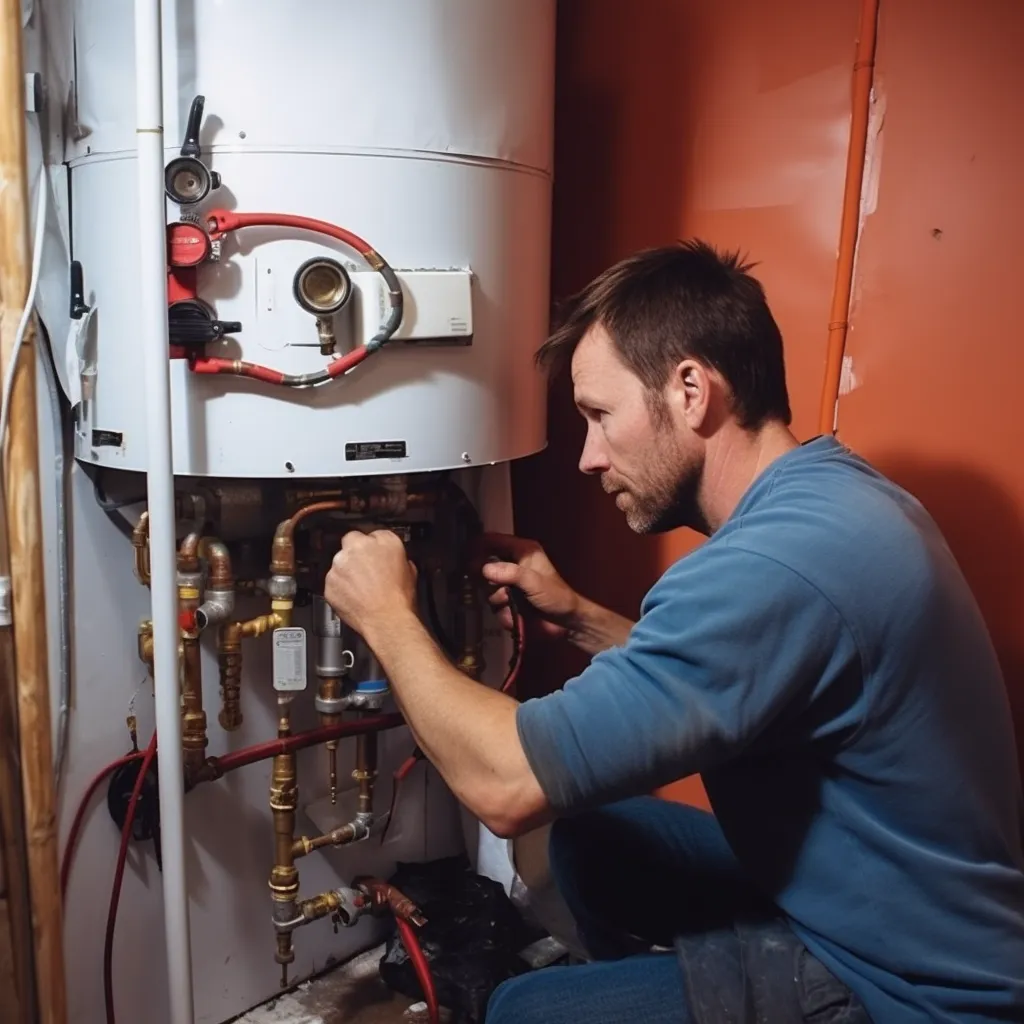
Tips on finding a water heater professional for installation
Hiring a licensed professional for water heater installation? Check out our tips below for important things to remember when choosing someone to do the job:
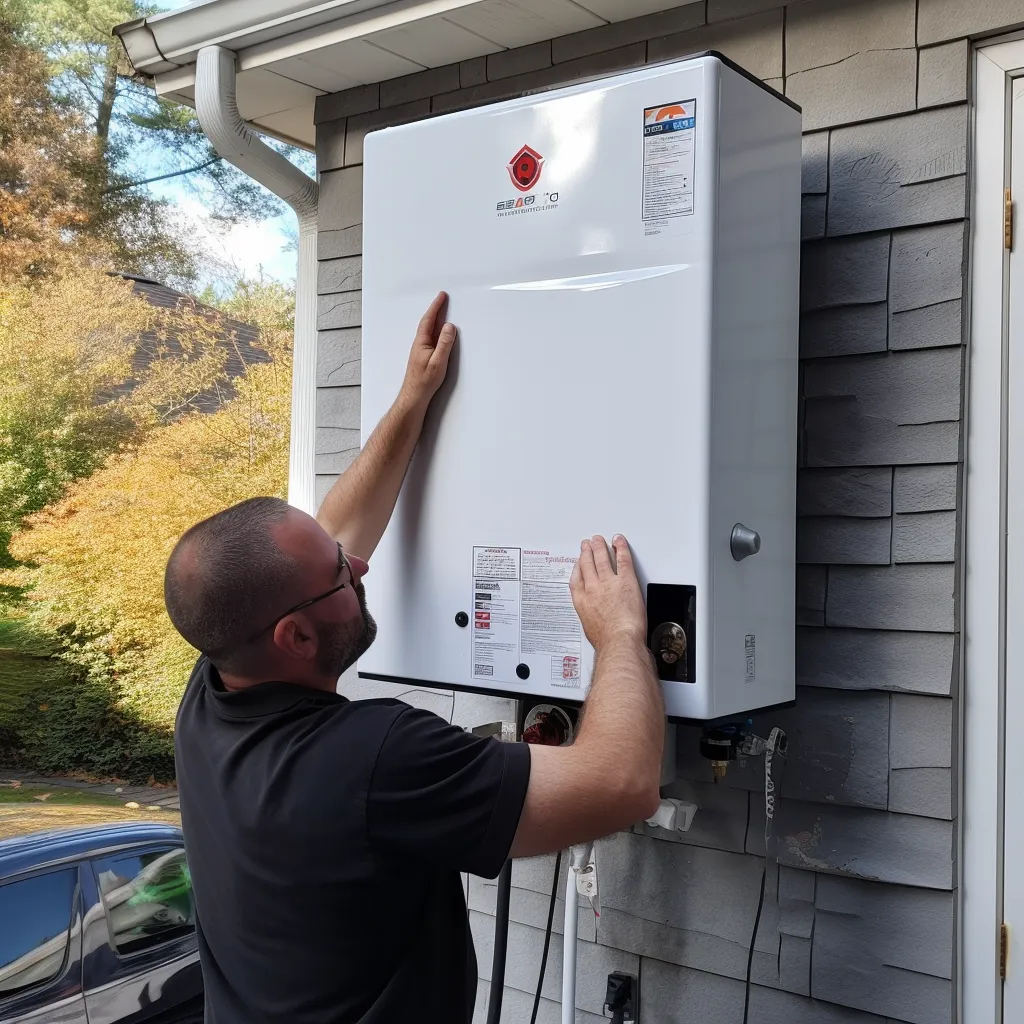
Do your due diligence to ensure quality work.
Find online reviews, testimonials, and recommendations from acquaintances.
Don't forget to check their credentials, including licenses, insurance, and qualifications.
Look for feedback from previous customers.
Getting quotes from multiple professionals can help you compare prices before choosing services.
Choosing an adequately certified professional for safe and effective installation is crucial, despite the cost consideration, for reliable hot water in your home.
Investing in a legitimate professional will save you money and prevent future trouble.
Contact Us
GET IN FULL TOUCH
PHONE (714) 930-2129
EMAIL:
Daniel@waterheaterbrea.com
Good Day Plumbing Service
Brea, CA 92821
